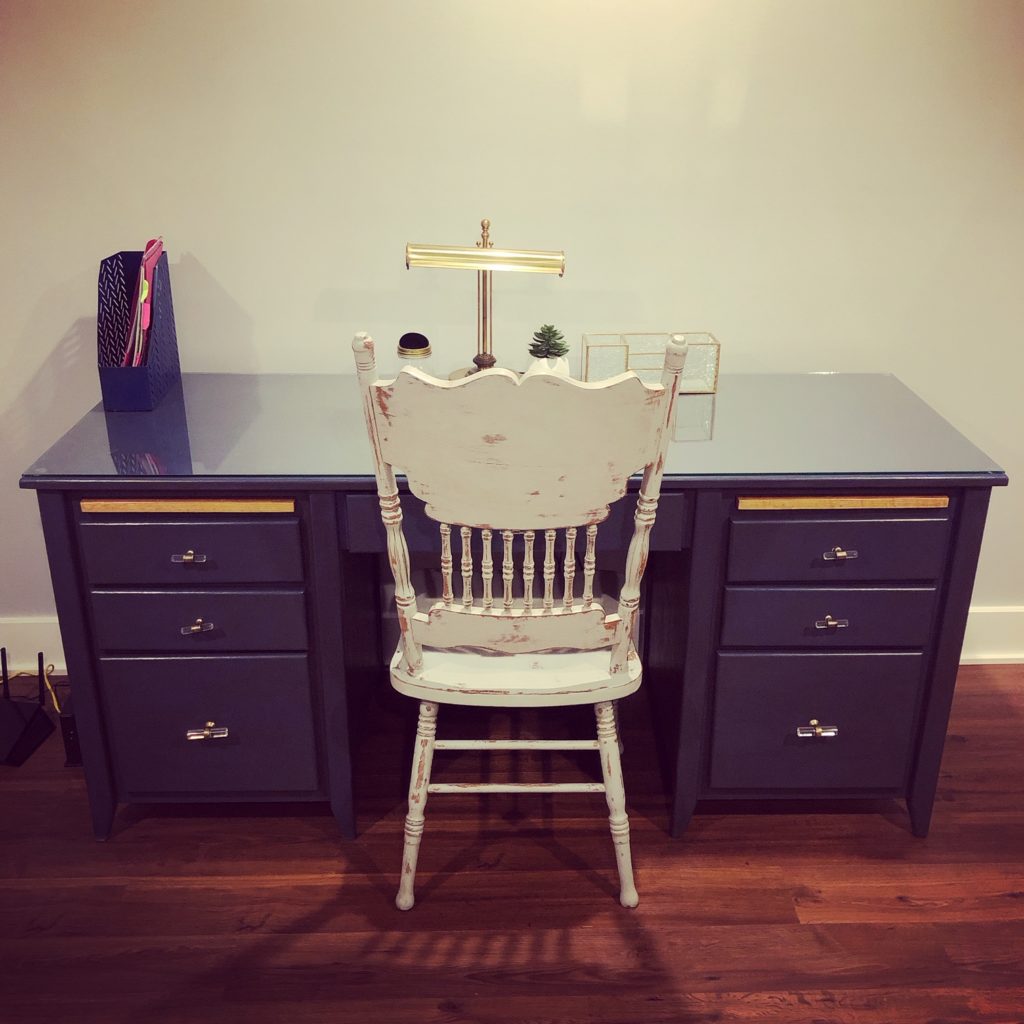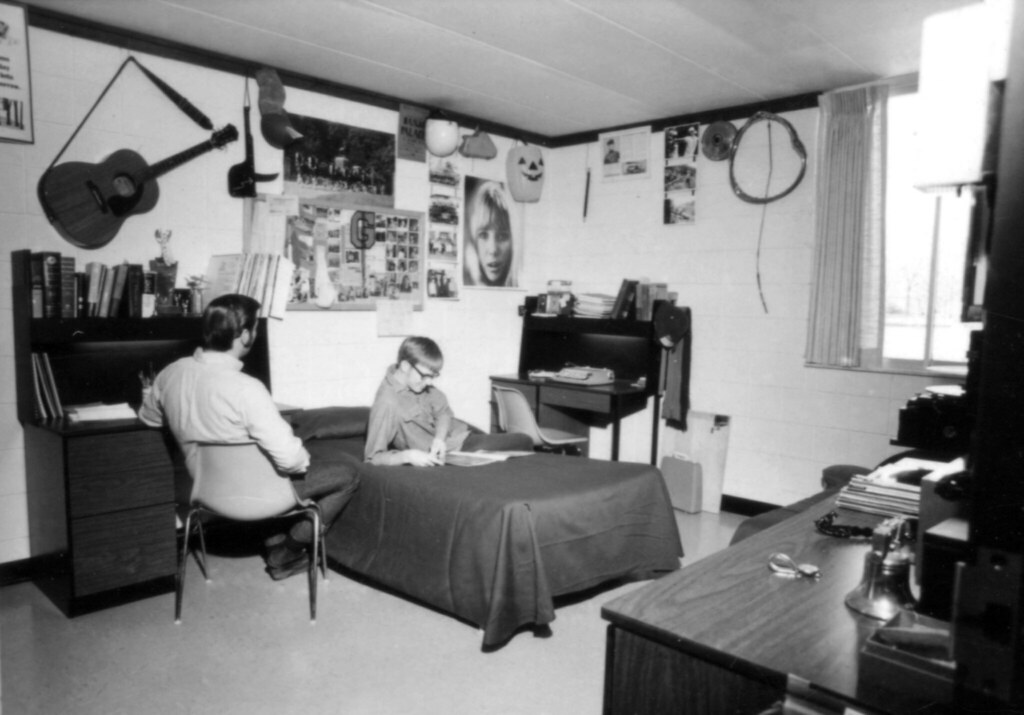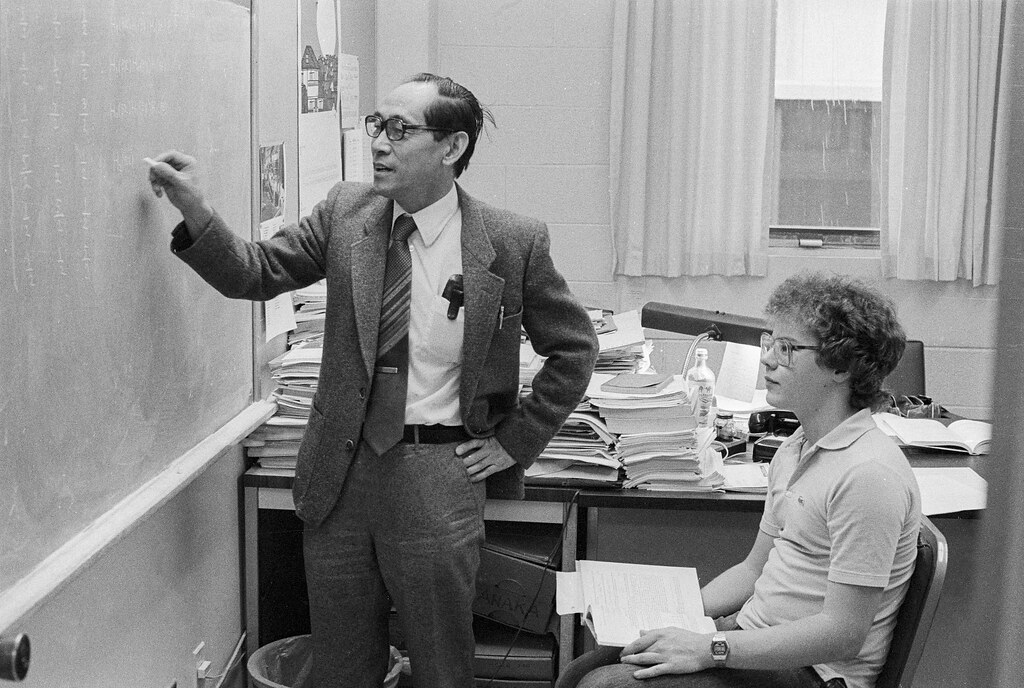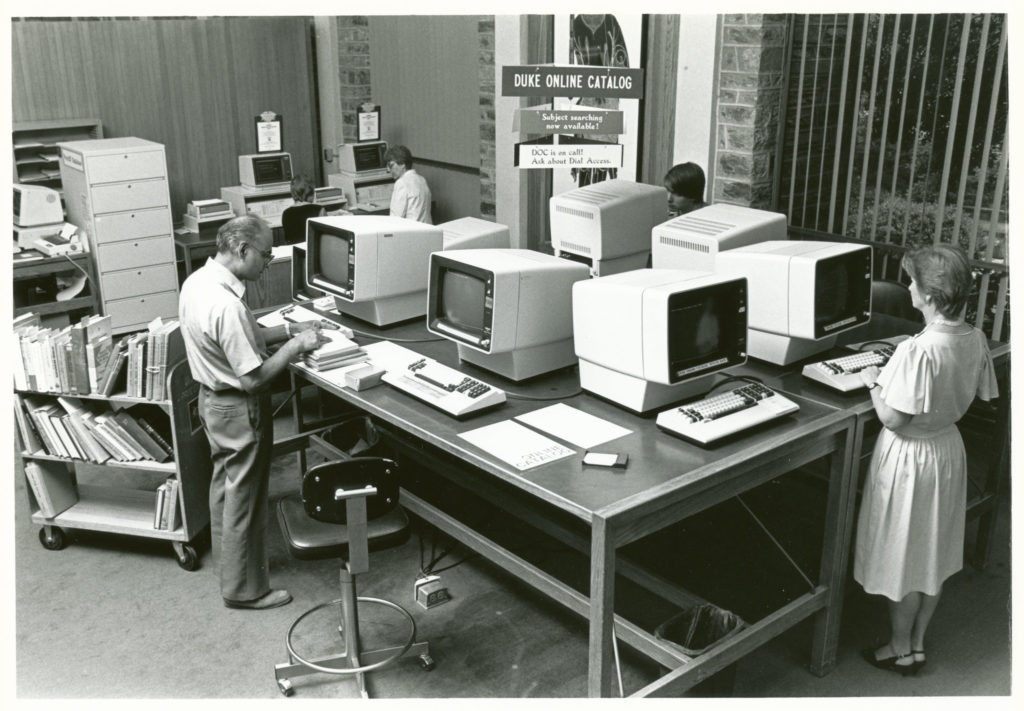The Faculty Affairs Newsletter is sharing faculty members’ unique take on the question “what are three things that help?” The question is purposefully vague so that we have a range of perspectives.
Julie Sutton

- Assistant Professor
- UMKC School of Dentistry
- bio and contact information
For me, personally, I find the following three things helpful in this season:
1. A sitter.

One foot at home and one at work- I’m in a tea party and webinar at the same time!
I have hired someone to help engage my children when I need to buckle down for the sake of productivity. I’m helping a high school student who is also out of school earn some money, while helping keep the right relationship dynamic with my children. Expecting them to conduct themselves as adults while I’m teaching via zoom isn’t realistic, and neither is believing I can work well while playing with them. I’m able to prioritize my most essential tasks and schedule them during time when they are busy with the high schooler who is helping me. Setting designated productive times, and ensuring I’m not getting edgy with my kids or spouse has been invaluable and offered some much-needed balance for me. Things have fallen from my spinning plates, but not as many because of this intentional step.
2. An online community to continue normalcy.
I’m in a small group at church which is meeting online now, as well as our childrens’ church, daily devotions, and weekly services. They are streamed online and available on social media so that whether I’m using a computer or just my phone, I can access community when I need to. We have chats in all of them to remain close; we express and recognize needs and help to support each other. I would venture to suggest we might have grown closer as a community this way than we do chasing children and volunteering on face to face Sundays! Keeping a sense of normalcy and schedule has been helpful and reassuring to our family.

Me as a Mom
3. Encouragement and support from my colleagues.
It would be easy to feel distant from close friends we work with and isolated in what we’re doing, but luckily I don’t. I have lots of means to communicate with my work community, and we have! Most people who were teaching face2face three weeks ago don’t have the confidence and experience with teaching exclusively online now. I feel welcome to contact the two online program directors in my division for help and guidance, and they always have reassurance, resources, and patience for me. In this circumstance, like in other troubling times, a word of encouragement, and genuine concern go a long way.

My home work space
Thank you to Julie Sutton who volunteered to go first. This is set up with a readers write format. Want to share your three things? Fill out the entry form and they will be included in the next issue. Even if there are many responses – we will figure it out.






